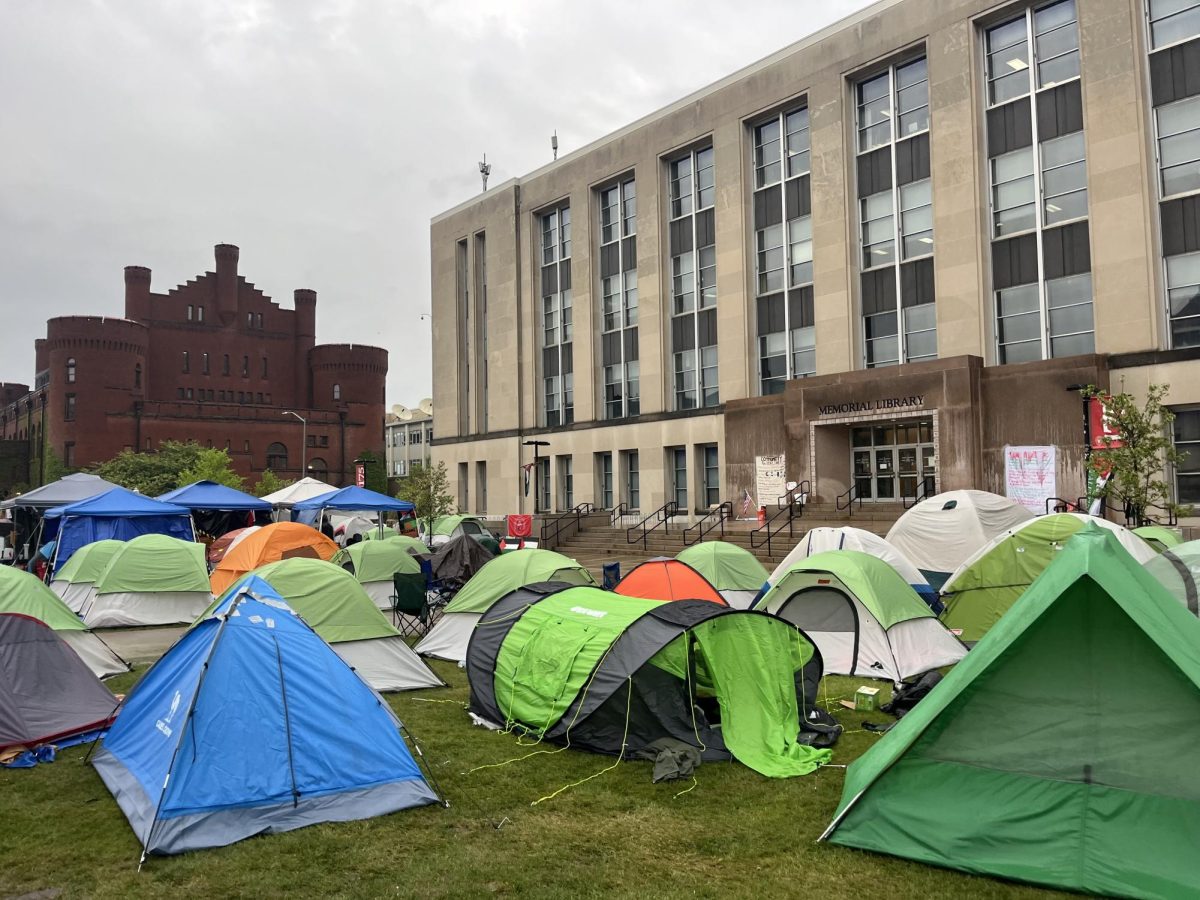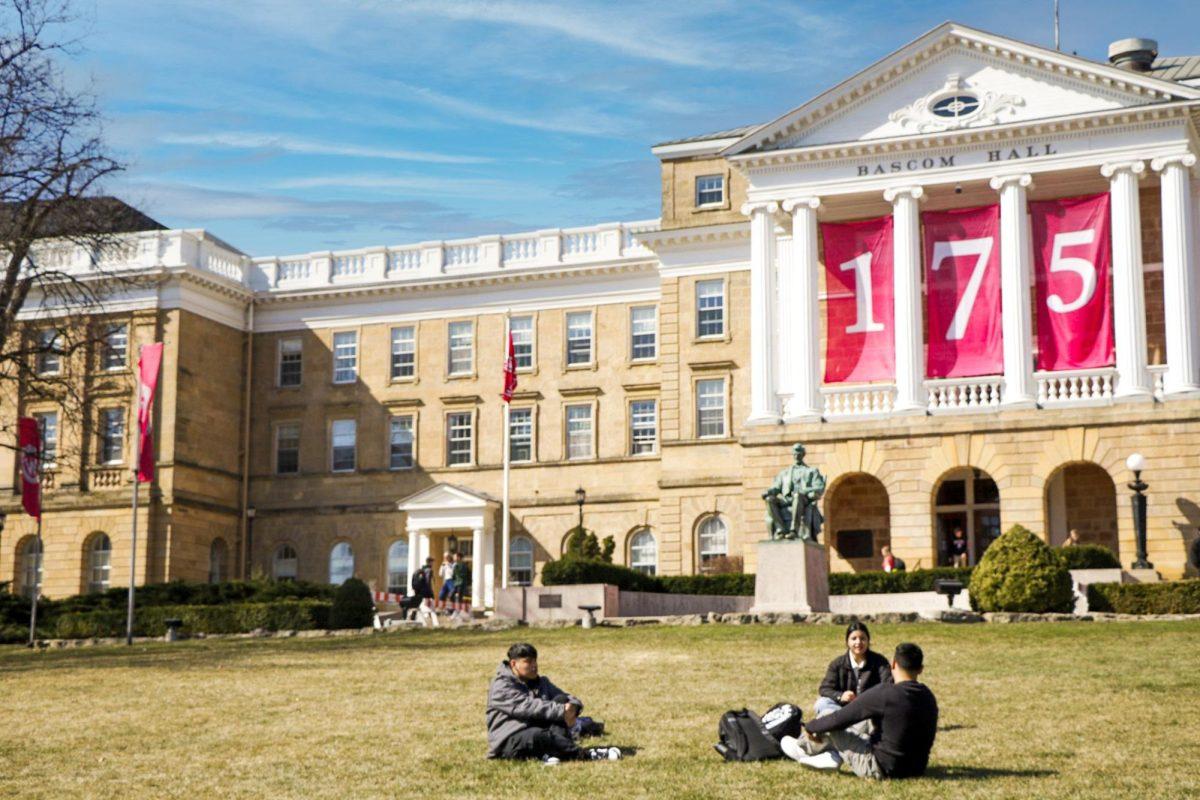Scattered around the University of Wisconsin campus, signs promote the WE Conserve program, which officials said will meet its goals to reduce campus energy consumption later this fall.
Faramarz Vakili, director of the WE Conserve initiative, said UW is close to meeting its goal of reducing its environmental footprint by 20 percent, but UW is not ready to make the accomplishment official.
The baseline year used to measure consumption reduction is 2006, during which Vakili said UW consumed five trillion BTUs of energy. To meet the goal UW had to cut energy consumption by one trillion BTUs per year.
Despite signage on campus noting 2010 as the finish line for the project, Vakili said a specific date was never set to meet the goal, and reduction efforts will continue even after the program ends.
UW performed various tasks to meet the goal, including starting new programs for recycling, composting and residence hall move-out.
The task impacting the reduction rate the most, however, was what Vakili called “retro-commission of buildings.”
During this process officials inspected each building on campus one-by-one to examine its energy needs and determine how each building could stop unnecessary energy usage.
Vakili said education has played an integral part in reducing the footprint of the campus.
“We’re in the business of educating people,” he said. “They’re going to be the parents of tomorrow… they need to understand the importance of their future in the environment.”
Student involvement has also been key to the success of the program, with student organizations such as the Wisconsin Public Interest Research Group, as well as individual students, getting involved.
UW and the state of Wisconsin co-funded the campaign, Vakili said.
The state dispersed funds on a project-by-project basis, totaling $48 million over the course of the campaign, while UW funded specific projects, he said.
Because of the state’s generosity, Vakili said UW has been able to reduce costs by $10 million a year, resulting in a five-year return on the state’s investment.
Even with the progress, UW is planning to keep conserving energy, and is in the process of setting inspiring and progressive goals, according to Vakili.
John Nelson, a UW professor in the College of Engineering, said while he felt the WE Conserve program has done well in lowering energy consumption and educating the public, more can still be done.
“I believe that energy consumption on the UW campus can no longer increase annually,” he said. “I think we have to begin to grapple with that – we can’t perpetually consume more energy. ”
Nelson said energy is not the only factor – society in general needs to recognize the limits of the belief that consuming resources improves the standard of living.
Consumption is still possible, though, in Nelson’s mind as long as students do their part.
“My hope is that your generation will be as literate about energy as your counterparts in the rest of the world because we no longer have the luxury of ignorance,” he said.

















